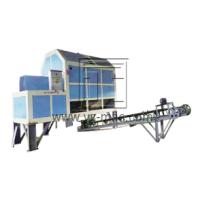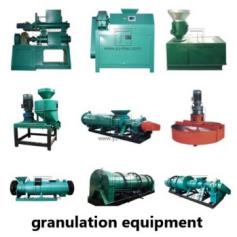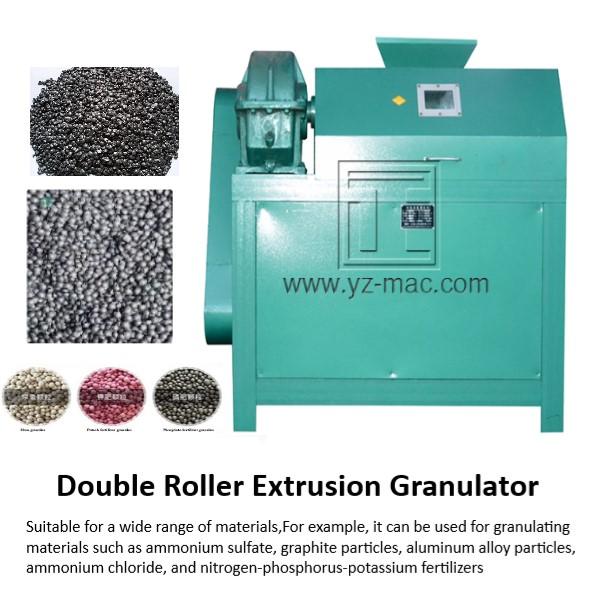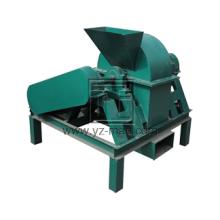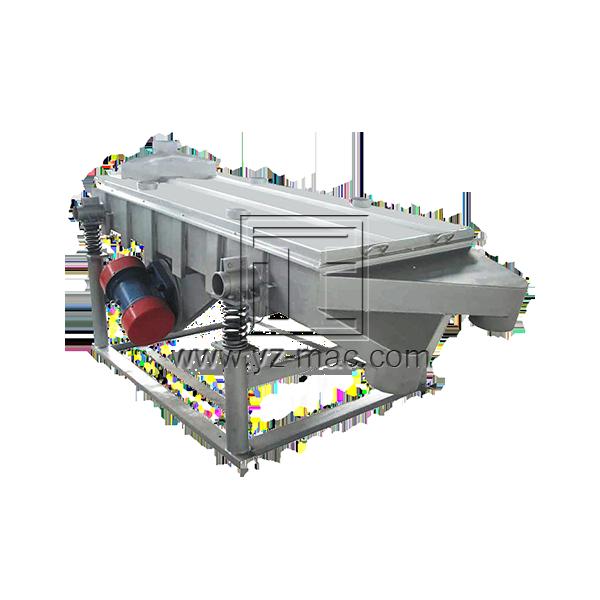Vermicomposting equipment
Vermicomposting is an eco-friendly and efficient method of recycling organic waste materials using earthworms. To optimize the vermicomposting process and maximize its benefits, specialized vermicomposting equipment is available.
The Importance of Vermicomposting Equipment:
Vermicomposting equipment plays a crucial role in creating an ideal environment for earthworms to thrive and efficiently decompose organic waste. The equipment helps regulate moisture, temperature, and airflow, ensuring optimal conditions for the vermicomposting process. It enhances the efficiency of organic waste decomposition, speeds up the production of nutrient-rich vermicompost, and minimizes potential challenges or issues that may arise during the process.
Types of Vermicomposting Equipment:
Vermicomposting Bins:
Vermicomposting bins are containers specifically designed for vermicomposting. They provide a controlled environment for earthworms to convert organic waste into vermicompost. These bins come in various sizes and materials, such as plastic, wood, or recycled materials. Some vermicomposting bins include features like multiple trays or levels, allowing for continuous feeding and easy separation of worms from the finished vermicompost.
Bedding Materials:
Bedding materials are essential for maintaining the moisture and carbon-to-nitrogen balance in vermicomposting systems. Common bedding materials include shredded newspaper, cardboard, coconut coir, straw, and other organic materials that provide a comfortable habitat for earthworms. Proper bedding ensures a healthy environment for the worms and aids in the breakdown of organic waste.
Moisture Control Systems:
Maintaining appropriate moisture levels is critical in vermicomposting. Moisture control systems, such as drip irrigation or misting systems, help regulate and maintain the moisture content within the vermicomposting system. These systems ensure a consistent moisture level that is optimal for the earthworms’ digestion and overall vermicomposting process.
Thermometers and Temperature Control:
Monitoring and controlling the temperature is essential for successful vermicomposting. Thermometers are used to measure the temperature within the vermicomposting system, allowing adjustments as needed. Additional temperature control mechanisms, such as insulation or heating elements, help maintain the ideal temperature range for earthworm activity and organic waste decomposition.
Applications of Vermicomposting Equipment:
Home and Community Vermicomposting:
Vermicomposting equipment is commonly used in home and community settings to recycle organic waste, such as kitchen scraps and garden trimmings. It allows individuals or small groups to convert organic waste into nutrient-rich vermicompost, which can be used to enrich garden soil, nourish potted plants, or create homemade fertilizers.
Commercial Vermicomposting:
In larger-scale vermicomposting operations, such as commercial composting facilities or agricultural enterprises, specialized vermicomposting equipment is used to manage higher volumes of organic waste. These systems optimize the vermicomposting process, ensuring efficient waste decomposition and production of quality vermicompost for use in farming, landscaping, and horticultural applications.
Educational Institutions:
Vermicomposting equipment is also utilized in educational institutions, including schools and universities, to teach students about the importance of organic waste recycling and sustainable practices. These systems provide hands-on learning opportunities and demonstrate the environmental benefits of vermicomposting.
Vermicomposting equipment plays a vital role in promoting sustainable organic waste recycling through efficient vermicomposting processes. By providing an optimal environment for earthworms and managing key factors such as moisture, temperature, and bedding materials, the equipment enhances the decomposition of organic waste and accelerates the production of nutrient-rich vermicompost.



